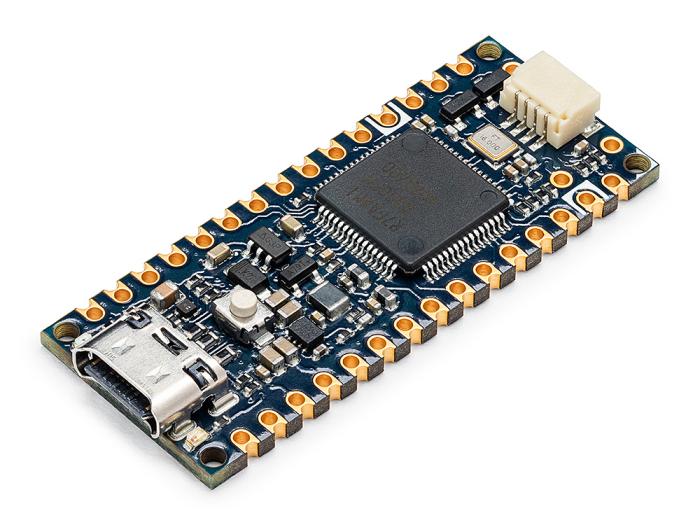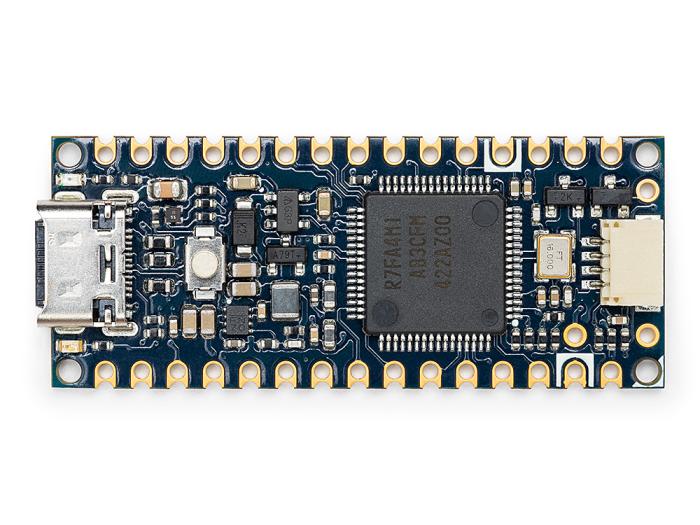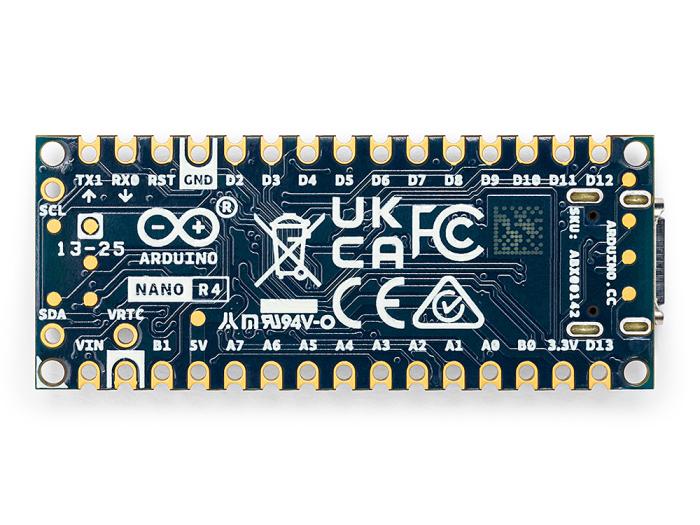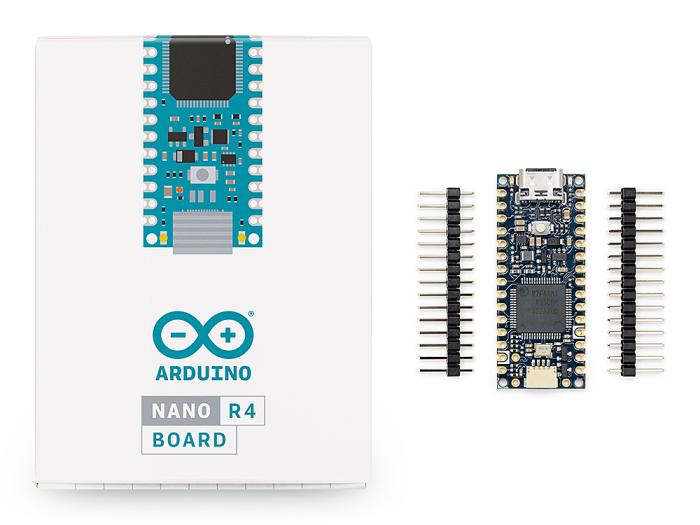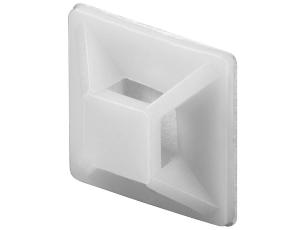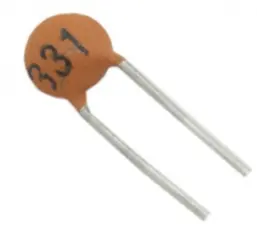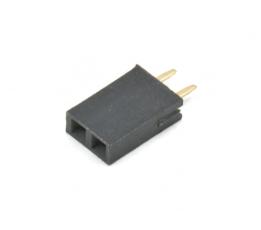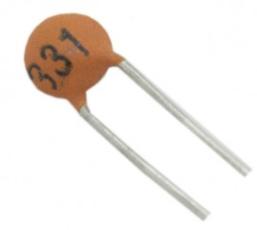Product description
Arduino Nano R4, version without pre-mounted pin headers, however, pin headers are included for those who wish to solder them on by themselves. The Arduino Nano R4 combines the proven Nano form factor with the performance of a modern 32-bit microcontroller.
Smooth transition from prototype to production: Leverage the RA4M1 microcontroller, already established in the UNO R4 family, with minimal code adjustments.
Compact, production-ready design: Small footprint of 45 × 18 mm, with castellated connections and components mounted on a single side, making it easy to integrate onto a custom PCB.
Easy expansion: The built-in Qwiic connector (3.3 V logic) and an additional I²C port (5 V logic) enable seamless connection to a wide range of sensors and actuators, including external Qwiic modules.
Flexible and familiar platform: Take advantage of Arduino’s extensive ecosystem, intuitive development environment, and strong community support.
Specifications:
- Microcontroller: Renesas R7FA4M1AB3CFM, ARM® Cortex®-M4 with floating-point unit (FPU), 48 MHz
- Memory: 256 kB Flash, 32 kB SRAM, 8 kB EEPROM
- Power supply: 5 VDC (via 5V pin or USB-C)
- Alternative Power supply: 6–21 VDC (VIN pin)
- Output voltage: 3.3 V via 3.3V pin (board cannot be powered from 3.3 V)
- Logic voltage: 5 V (I/O), 3.3 V (Qwiic - I²C)
- USB-C: Used for both programming and power supply
Ports & Communication:
- 22 I/O in total: 14 digital I/O (incl. 6 PWM) and 8 analog channels (incl. DAC)
- 12-bit DAC: on A0
- Integrated OPAMP: on A1, A2, and A3
- Interfaces: UART, SPI, I²C (5 V logic), secondary I²C via Qwiic connector (3.3 V logic)
- CAN controller: available on D4 and D5
- RTC: Real-time clock with support for external backup battery 1.6–3.6 V (e.g. CR2032)
Dimensions & Design:
- Board size: 18 × 45 mm
- Design: Components on a single side and castellated connections for smooth integration onto a custom PCB.
Advantages & Applications:
- Increased performance and memory resources: compared to older Nano models (Cortex-M4, 48 MHz, FPU, expanded RAM and Flash).
- Compatibility: Same form and pin layout as previous Nano versions, expanded with a Qwiic connector and broad support for external Qwiic modules from manufacturers such as Electrokit, Sparkfun, Adafruit, and Arduino Modulinos.
- Versatile platform: With DAC, OPAMP, RTC, and CAN support, the Nano R4 is a powerful choice for embedded systems, automation, IoT, edge computing, and rapid prototyping.

